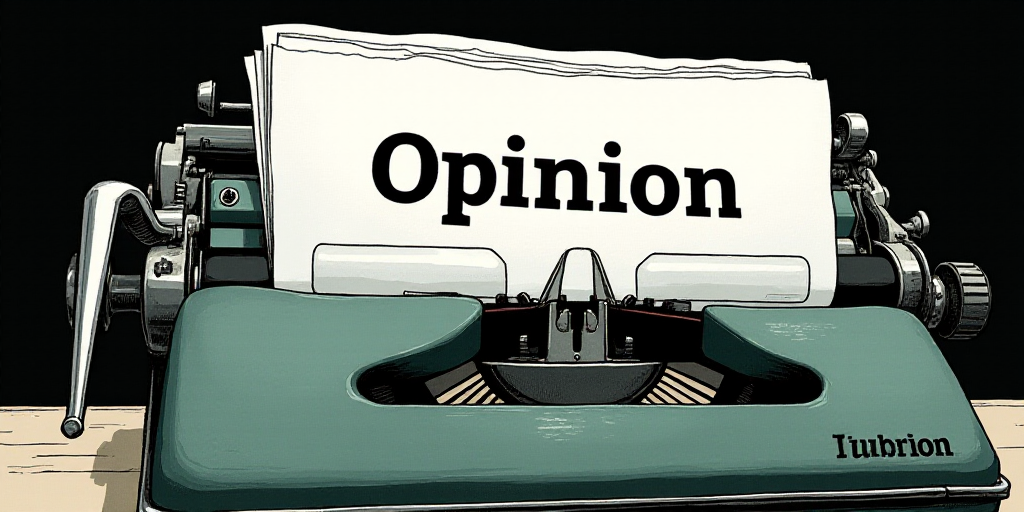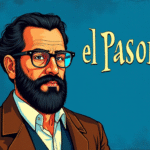Introduction
In a playful interaction with Chat GPT, Stephen Fry ponders whether this AI might be the new Homer, transmitting our primal stories in this digital age. Fry’s tetralogy breathes life into classical myths, reminding us that explanations for our world lie within our collective DNA—and perhaps now, in AI like Chat GPT.
Stephen Fry: A Cultural Icon
Stephen Fry, a beloved figure in pop culture, is known for his roles in films like “V for Vendetta” and his comedic routines with Hugh Laurie on YouTube. His accessibility and genius have made him a significant influence, especially for those dealing with mental health issues, as seen in his documentaries about bipolar disorder.
The Tetralogy: A Journey Through Greek Mythology
Fry’s tetralogy consists of four parts, each focusing on heroic periods that shaped Greek mythology. He explores the birth of the world, the struggles between primordial gods and Zeus’s offspring, and the rise of human independence from divine dominion.
Mythos: The Darkest Chapters of Human Consciousness
In “Mythos,” Fry delves into the darkest periods of human consciousness, recounting tales before we understood our identity. Here, humans were at the mercy of gods, living in a world both a game and an accident.
Heroes: The Dawn of Human Independence
“Heroes” chronicles the adventures of heroes like Theseus, Perseus, and Heracles (Hercules), marking the beginning of human autonomy from divine rule. Humans coexist with minor deities and nymphs, receiving gifts from Aphrodite or advice from Athena.
Troy: The Epic Tale of the Trojan War
“Troy” narrates the Trojan War with captivating storytelling, much like Steven Spielberg’s cinematic style. Fry brings the ancient poem to life, revealing the brutal reality behind the glorified narrative.
Odyssey: Odysseus’s Homecoming
“Odyssey” follows Odysseus’s 20-year journey home, highlighting the role of gods in human affairs. Despite divine assistance, Odysseus’s cunning and courage are what ultimately bring him back.
AI as a Modern-Day Homer
Fry contemplates whether AI, like Chat GPT, could be our new Homer. It collects and processes vast amounts of information, offering responses that shape our understanding—much like ancient rhapsodes entertaining audiences with epic tales.
Key Questions and Answers
- What is Stephen Fry’s tetralogy about? It’s a modern retelling of classical Greek myths, exploring the journey from primordial chaos to human independence.
- Why are Greek myths relevant today? They continue to influence our collective consciousness, appearing in various forms of media and even baby names.
- What is the significance of AI in shaping our understanding? AI, like Chat GPT, can act as a modern-day Homer, processing and presenting information that shapes our perception of the world.
- What lessons can we learn from Fry’s interpretation of myths? Myths remind us of our past, the struggles for independence, and the complex relationship between humans and divinity.
Through Fry’s engaging narratives, we confront the timeless themes embedded in myths, recognizing their enduring influence on our culture and individual lives.






